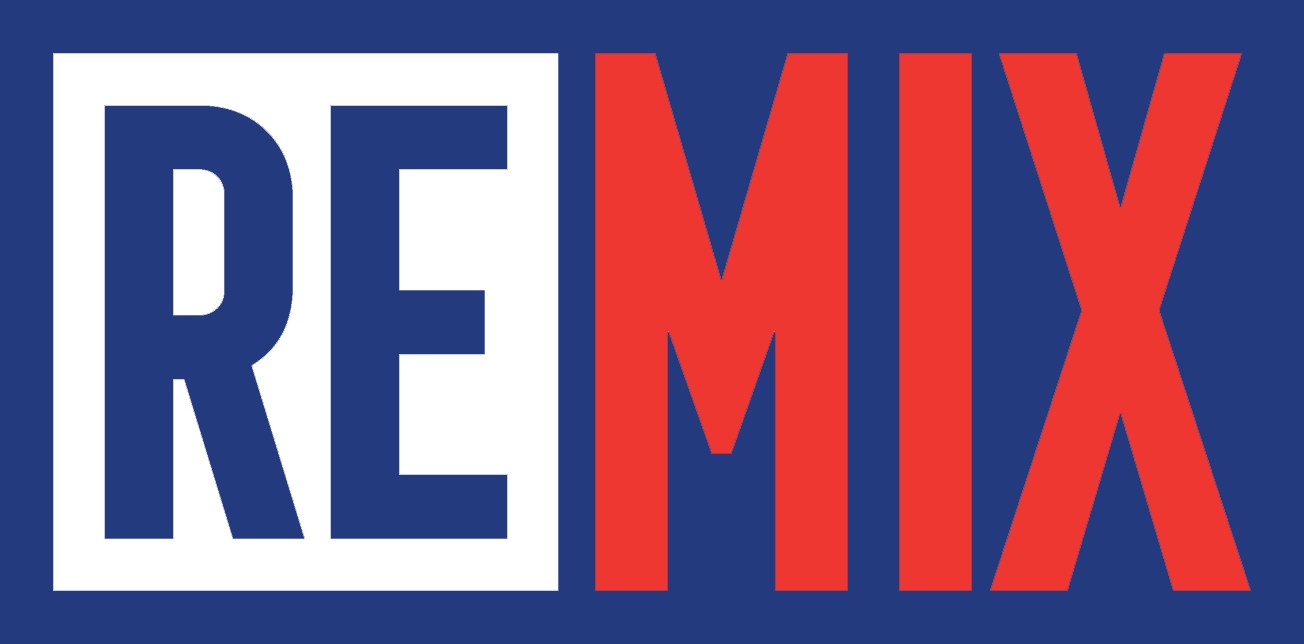Freedom of speech advocates across the West are celebrating a new piece of legislation being prepared by the Polish Ministry of Justice, which is designed to ensure the rights of social media users are respected. Justice Minister Zbigniew Ziobro emphasized that “a social media user must have the feeling that their rights are protected. There cannot be censorship of expression. Freedom of speech and debate is the essence of democracy.” An increasing number of posts are being removed by the social media companies and users are being met with bans or even account deletions. Usually, at that point, these users are at the mercy of social media platforms and have limited options. While freedom of speech and expression are vital in democracies, social media is dominated by companies which can introduce their own guidelines. At the same time, these companies must respect the laws of the countries in which they operate.
Deputy justice Minister Sebastian Kaleta, who is overseeing the work on the laws, declared that the time has come for Poland to have regulations which protect against abuses from giant internet corporations, according to Polish news outlet Benchmark.pl . He added that the new regulations will allow Poland to punish social media companies for violating the rights of users, which will be backed by the full power of the Polish judiciary. If companies are found to be violating a users’ rights and refuse to obey a court’s ruling, they could be fined up to €2.2 million. In the case of a conflict between a social media site and the user, the new law dictates that a Polish court will decide whether a law had actually been broken which would have justified censorship. Conservatives are often the targets of social media censorship After the new anti-censorship law is passed, social media will no longer be able to remove posts or block accounts at their own discretion. This new law concerns posts which do not break Polish law, so for example, users that post child pornography or other illegal content would have no redress under the new law to have their posts reinstated or their accounts unblocked. However, much of the censorship that takes place on social media platforms has nothing to do with illegal content.
Conservatives have been especially vocal that their content has been banned or censored on social media platforms, which are known for their embrace of liberal politics. In fact, Polish state media outlet Poland Daily, which publishes information and news about Poland, was banned from Twitter earlier this year and has not been reinstated for months despite no clear violation of any of Twitter’s guidelines. This publication, Remix News, was also banned from the platform with no explanation. Under the new law, legitimate news outlets facing such censorship may be able to seek redress in court. In the case of censorship, a user will have the right of complaint concerning an unjust removal and blocked accounts. Such complaints will have to be processed within 48 hours. In the case of a rejection, a user will be able to appeal to the newly established Freedom of Speech Protection Court, which will process the issue within seven days. The entire case will be carried out electronically. The new laws also foresee the possibility to file a so-called “blank lawsuit” through which anyone will be able to sue over what they see as an infringement of their personal interests or character without supplying the data of the accused. This concerns cases where an unknown person is infringing on someone’s rights online. While protection against this is already currently available, it is recognized to be inefficient and often involves a long and drawn out process. The new laws simplify the procedure: all one needs is a link to the insulting content, the date of publication, and the name of the offending profile. The new measures are also meant to protect from fake news. Some countries, such as France or Germany have already introduced multi-million fines on social media for breaking their laws. The decision on what content breaks the law is ultimately made by the country’s justice minister. Now, it appears Poland has joined the foray in what may be the first of many countries who seek to protect users’ freedom of speech online.













